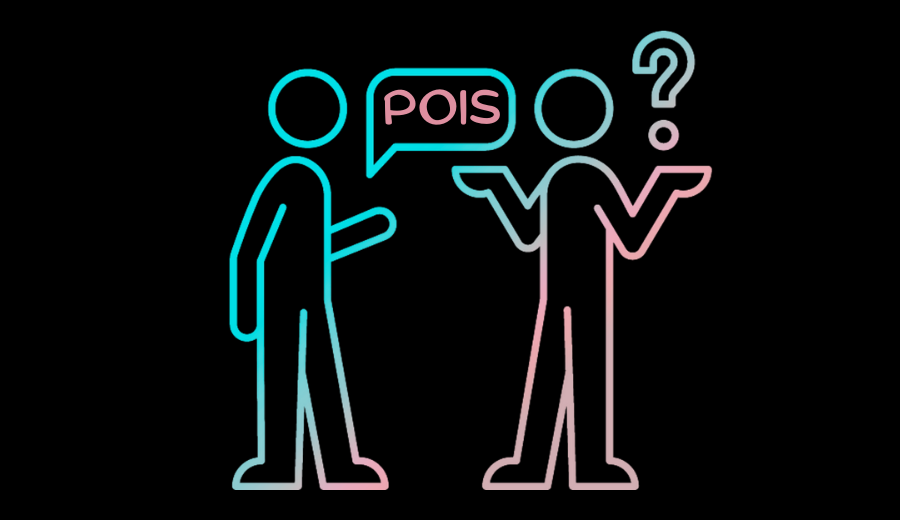

What to do when erectile dysfunction patients are too embarrassed to be honest with their partner
By Evie Kirana, Phd, FECSM (hon), ECPS
Health psychologist- Sexologist
Erectile dysfunction ED is a shared sexual disorder for both the men with ED and their sexual partners, but this fact is often underestimated by affected men or treating physicians.1
Partners usually feel puzzled and confused as they try to figure out what explains the problem. Most partners are concerned that they are not attractive enough and that the problem is their fault. This often causes avoidance of intimacy, or anxious efforts to increase sexual stimulation. In both cases, such a relationship context may exacerbate erectile dysfunction because the man perceives sexual encounters as even more stressful and so does the partner. This way, the couple is trapped in a negative feedback loop where each one’s anxiety fuels the other’s uncertainty and vice versa.
On the other hand, a sincere conversation may give a man the opportunity to actively protect both his sexual life and his relationship. When a man actively supports an open discussion and a clear understanding of the problem, as opposed to misunderstandings and suspicions, he is likely to increase intimacy and a feeling of relationship security. Several studies have shown that talking to the partner lead to significant improvement not only of the relationship quality but also of the erectile function2,3.
Physicians need to encourage men to take a leading role not only in the treatment but also in the relationship quality. They can do that by deciding to share their needs in a clear and simple way. They can start by expressing
- their feeling about the problem,
- their personal desire and
- their request.
For example, “I feel sad and anxious, because I desire to enjoy sex with you but my erection is not adequate. So, I would like you to be informed about the problem and stay with me as we seek treatment.”
Or “I feel disappointed because my sexual function is not as I would like it to be. However, I desire you and our relationship is very important to me. I would like to ask for your understanding and patience as we follow the treatment procedure.”
Your physician can encourage you to use the problem as an opportunity to express your desire for the relationship and also to demonstrate a brave problem-solving attitude. Actually, relationships become intimate only when we communicate our vulnerabilities.
Bibliographical references
- Li H, Gao T, Wang R. The role of the sexual partner in managing erectile dysfunction. Nat Rev Urol. 2016 Mar;13(3):168-77. doi: 10.1038/nrurol.2015.315. Epub 2016 Feb
- Gunzler C, Kriston L, Stodden V, Leiber C, Berner MM. Can written information material help to increase treatment motivation in patients with erectile dysfunction? A survey of 1188 men. Int J Impot Res 2007; 19: 330–335.
- Berner MM, Leiber C, Kriston L, Stodden V, Gu¨ nzler C. Effects of written information material on help-seeking behavior in patients with erectile dysfunction: a longitudinal study. J Sex Med 2008; 5: 436–447.
Published on https://en.healthinessfortwo.it/erectile-dysfunction/what-do-when-erectile-dysfunction-patients-are-too-embarrassed-be-honest-their





